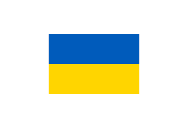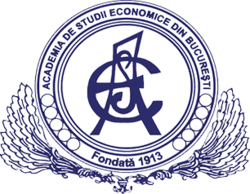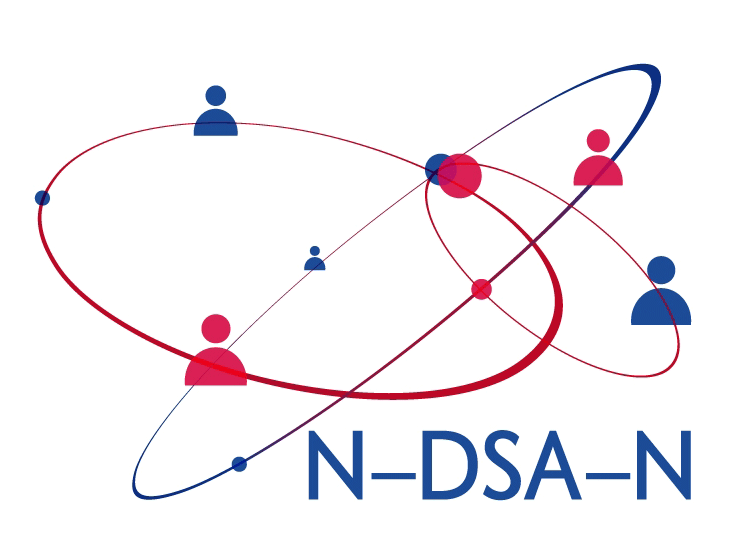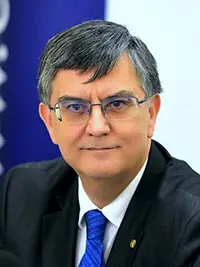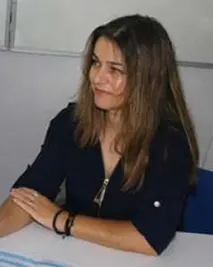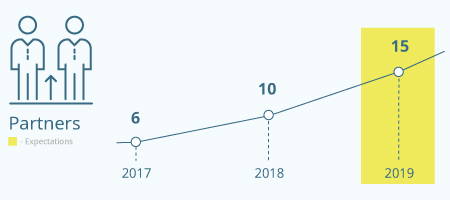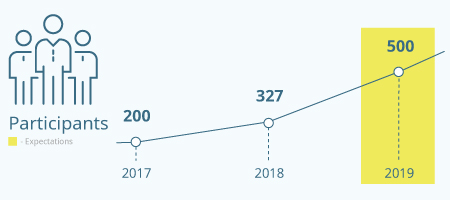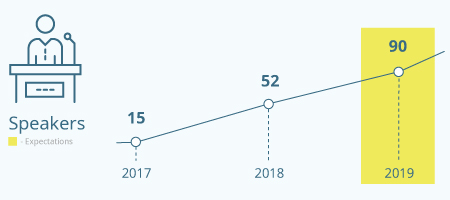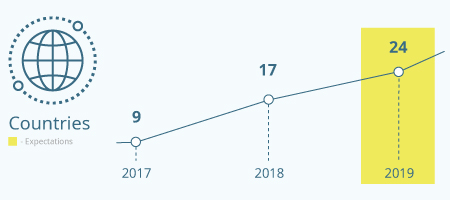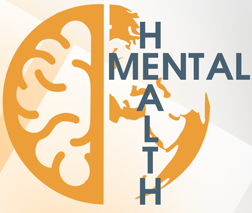We accept:
- case-studies
- applied-research papers
- theoretical research papers
Attending Types:
- Regular Presenter
- Virtual Presenter
- Publication only
- Non-presenting participant
Dissemination and Publications:
We aim to promote wide geographical diversification of conference results dissemination
- MHGC Proceedings (Italy) with unique DOI for each publication
- ITALY Academic Journal “Mental Health: global challenges” (E-ISSN 2612-2138; indexed by Crossref, ResearchBib). Fields covered: Health, Medicine, Social Science, Education, Economic, Law, Inter- and Multi-disciplinary studies.
- ROMANIA Academic Journal “European Journal of Interdisciplinary Studies” (indexed in DOAJI; Index Copernicus; RePEc; EBSCO; ProQuest; ErichPlus)
Style Guideline:
Requirements for publications in MHGC proceedings are following:
- Please use template Download
Extended Abstract (1000-3000 words) should include the following:
- Title
- Authors full names
- Information about authors: Institute affiliation, e-mail address
- Main text
- Key words
Acceptance/Rejection (for publication)
All research papers will be evaluated by international recognized scholars (from Universities of Belgium, Canada, Greece, Netherlands, Portugal) in a double blind reviewing process and research papers will be selected according to the international research standard.
1. Participants are welcome to submit extended abstract for peer-review
2. We will send you an email notification of acceptance or rejection within one-two week after your submission
3. Only if your abstract is accepted, you can pay a conference fee (we will send you banking details to make your payment)
4. We are ready to evaluate your full paper
The conference registration fee includes:
- Admission to the conference
- Тime slot to present one paper at the conference
- Publication in the MHGC proceedings (available in Google Academy; Research Gate)
- Possible publication in one of international journals
- A copy of the conference program
- A certificate of presentation
- Admission to all receptions, coffee breaks, etc
Types of conference fee:
Conference fee:
- Payment: 120 EUR
- Students: 80 EUR
- Publishing only: 70 EUR
Financial aid: we can provide a discount for those participants who needs a financial aid. Please write us an email with your motivation to participate in the conference and explanation why you can be granted a financial aid
Registration and Submission details:
- Abstract submission: October 20 2019
- Full paper submission: October 25 2019
Please send your abstract and paper to: intconfmhgc21c@gmail.com
Conference Venue
Bucharest University of Economic Studies
Address: Bucharest, Romania
Date: October 31 – November 02, 2019
Official information
The information about the conference is available on this official website of the Conference.
And on official websites of Academic Institutions-organizers.
For further information, please contact
Dr. Viktor Vus
PhD in psychology, Associate Professor,
Editor-in-chief of the journal “Mental Health: global challenges” (www.mhgcj.org)
Coordinator of the International Conference on Mental Health Care “Mental Health: global challenges of XXI century” (www.mhgc21.org)
Institute for Social and Political Psychology NAES Ukraine
R&D Laboratory for Community Health (LPNU)
NDSAN Network (sector of partnership building) (Italy)
e-mail: viktor.vus@mhgc21.org
cell: +38 067 74 08 429
